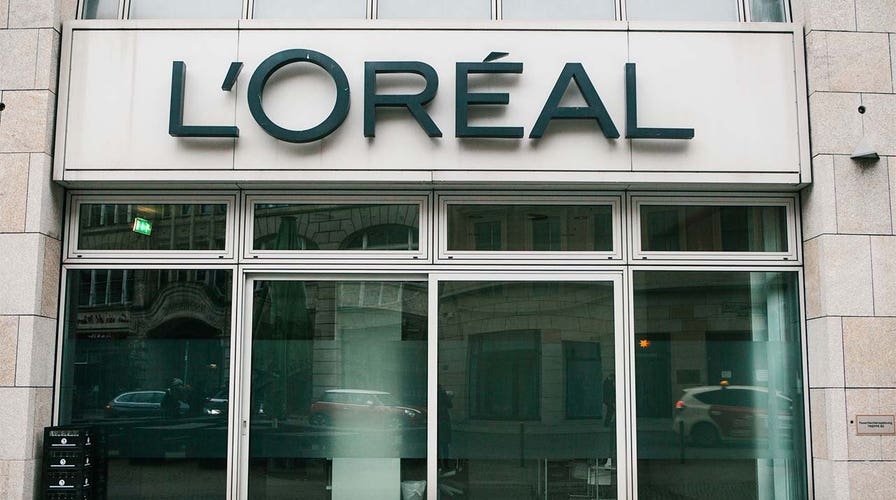Fox News Flash top headlines for June 27
Fox News Flash top headlines are here. Check out what's clicking on Foxnews.com.
Industry-leading French cosmetics company L'Oreal announced they will be removing words like "whitening" and "lightening" from their products after a number of beauty brands received backlash for their skin-lightening products amidst ongoing protests for racial equality.
FLORIDA PLASTIC SURGEON OFFERS DRIVE-THROUGH BOTOX TO QUARANTINES RESIDENTS
"The L'Oreal Group has decided to remove the words white/whitening, fair/fairness, light/lightening from all its skin evening products," the company said in a statement.

French company and leader of world market of perfumery and cosmetics. (istock)
The move signals a shift by beauty giants to stand up against racial stereotypes. L'Oreal's skin brightening creams are amongst the most popular on the market and are targeted towards Asian, African and Caribbean buyers who face a cultural stigma where lighter skin is perceived as more desirable.
L'Oreal's promise for change comes a day after consumer products leader Unilever announced they'd be changing the name of their "Fair & Lovely" cream that is popular in Asia for skin lightening
The product reportedly generated $500 million in revenue in India last year, according to Yahoo News, but the brand says they are working to acknowledge how their terminology and branding perpetuates racist stereotypes.
“We are fully committed to having a global portfolio of skincare brands that is inclusive and cares for all skin tones, celebrating greater diversity of beauty," Sunny Jain, the head of Unilever’s Beauty & Personal Care said. “We recognize that the use of the words ‘fair’, ‘white’ and ‘light’ suggest a singular ideal of beauty that we don’t think is right, and we want to address this.”
Still, the company holds that the Fair & Lovely range “has never been, and is not, a skin bleaching product.”
CLICK HERE FOR THE FOX NEWS APP
Johnson & Johnson has also pledged to discontinue some of their Neutrogena and Clean & Clear products, advertised as dark-spot reducers in Asia and the Middle East.









































